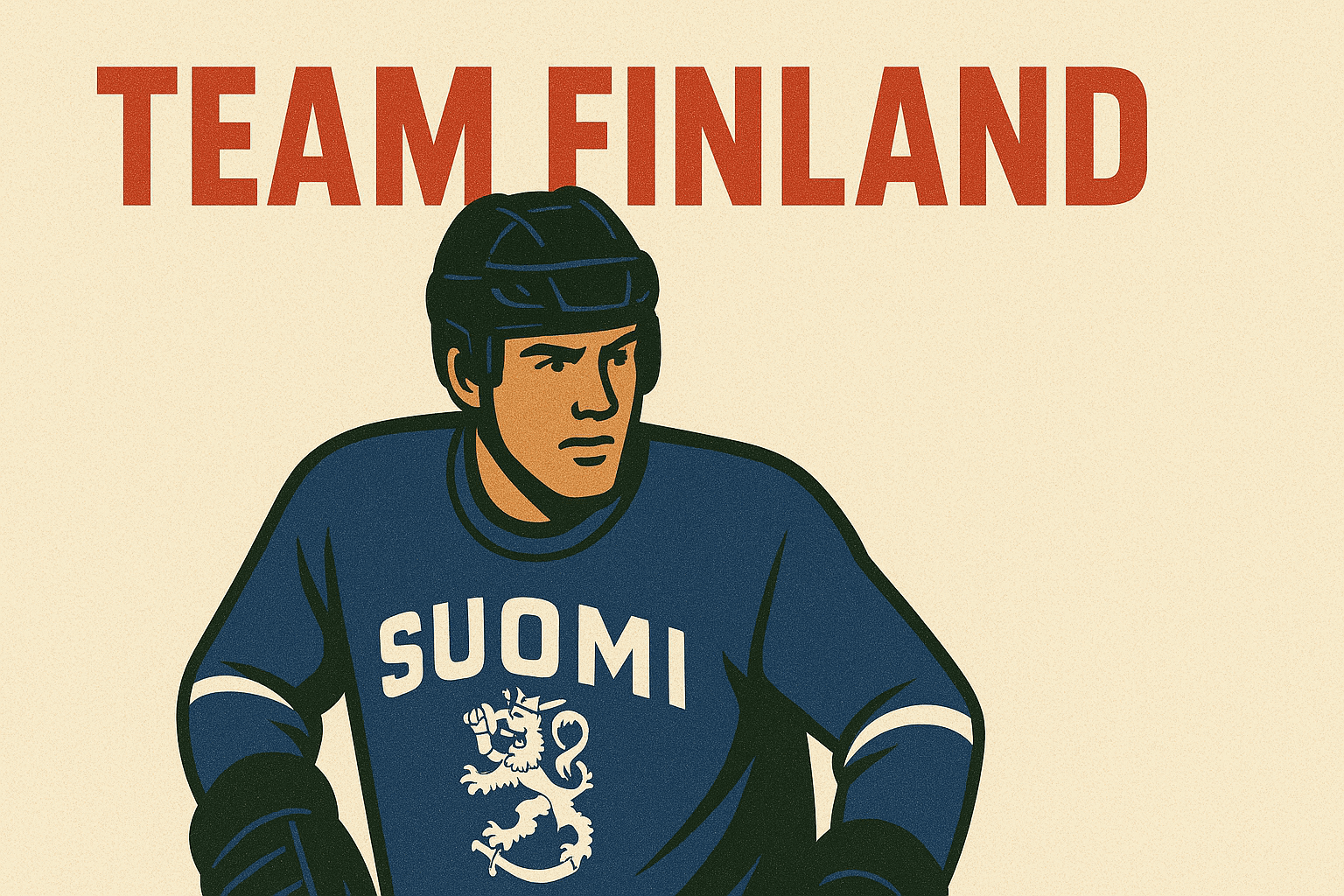Finland's men's deaf ice hockey team, known as the "Deaf Lions," comes into the 4th World Deaf Ice Hockey Championships (WDIHC 2025) with a proud legacy and a deep roster. The Finnish squad has been a perennial contender on the international deaf hockey stage, renowned for its disciplined defensive play and strong team cohesion. As past champions and consistent medal threats, Team Finland will look to draw on its mix of seasoned veterans and energetic newcomers in Vancouver.
Deaf Hockey Pedigree and Past Performances
Finland boasts an impressive history in deaf hockey. They were the inaugural WDIHC gold medalists in 2009, capturing the world title by defeating host Canada in the final. In the 2013 WDIHC in Vantaa, Finland earned the bronze medal, overcoming Team USA 6–4 in the third-place game. Although they narrowly missed the podium in the most recent edition (2017) – in which the United States took gold and Canada silver – the Finns have remained firmly among the world's elite.
On the Olympic stage of the Deaflympics, the Deaf Lions are always competitive. They frequently reach the medal rounds, though they have endured close fourth-place finishes in recent years. For example, at the 2015 Winter Deaflympics in Russia, Finland fell just short in an overtime thriller for bronze against the U.S. (a 6–5 loss). Similarly, in the 2019 Deaflympics in Italy, Finland advanced to the bronze medal game but lost to Russia 5–1, ending up fourth.
These near-misses have only fueled the team's hunger. With a world championship and multiple Deaflympic campaigns under their belt, Finland's deaf national team has proven it can contend with the traditional hockey powerhouses.
Experience at the Core of the Roster
Leading Finland's 2025 roster are a number of battle-tested veterans who provide experience and leadership. In goal, Pauli Kitula stands out as a long-time stalwart. Now 45 years old, Kitula is a veteran of several Deaflympics and was part of Finland's gold-medal run in 2009. His decades of service to the deaf national team (including appearances as far back as the late 1990s) make him a steadying presence in the locker room.
Fellow goalie Robert Edlund also brings reliable play between the pipes – in a recent tune-up series, Edlund's "steady saves kept the team competitive" even against North American opponents. Backstopping alongside them is Jarkko Vellonen, a newer addition to the squad who has impressed coaches with his quick reflexes. The trio gives Finland a capable last line of defense, a hallmark for a team "known for its strong defensive systems."
On the blue line, Jukka Keränen anchors the defense. At 42, Keränen has literally grown up with the Deaf Lions program – he skated for Finland in the 1999 Deaflympics bronze-medal team as a teenager and later helped capture the 2009 world title. Keränen's veteran poise complements younger defensemen like Severi Väre, one of the team's rising stars. Väre, a first-time WDIHC participant, showcased offensive flair from the back end by tallying 4 goals and 2 assists in an international warm-up tournament.
New Generation Bolsters Offense
While the veterans provide a foundation, an infusion of new talent and speed has given Finland additional scoring punch. The forward group features a number of impact players from the next generation who have quickly made names for themselves.
Julius Hyyppä, for instance, is a young forward who was named Team Finland's MVP in a recent four-nations tournament in Buffalo after leading the team in scoring with 4 goals and 4 assists. Hyyppä is one of several under-20 players on the squad, and his breakout performance (8 points in 5 games) demonstrated that Finland's offense has a bright future.
Skating alongside him are the Ahola brothers, Aleksi and Santeri, a dynamic duo who add chemistry and pace. Aleksi Ahola (who serves as part of the team's leadership group) recorded 3 goals and 3 assists in the Buffalo series, while younger brother Santeri contributed 3 goals and 2 assists. Their ability to push the tempo with "vauhdikas" (fast, energetic) play energized the Finnish attack, with the siblings combining for six goals in that tournament.
Preparation and Outlook for 2025
Team Finland has been preparing intensively for WDIHC 2025. After an eight-year hiatus in world championship play (the 2021 edition was postponed), the Deaf Lions regrouped with renewed enthusiasm. The squad held multiple training camps through the spring and took part in the Jeff Sauer International Deaf Hockey Series in Buffalo as a critical warm-up.
Facing off against the United States, Canada, and Czechia in that four-nation event, Finland gained valuable game experience. "The team was clearly energetic and excited," observed General Manager Arttu Liikamaa, noting it was their first international competition since the 2019 Deaflympics.
Though Finland fell to the North American powers in the round-robin (6–2 to Canada and 8–3 to USA), they rebounded strongly. The Finns defeated Czechia 7–4 in the round-robin and then again 8–3 in the bronze medal game to secure third place in Buffalo. Coaches praised the team's resilience and marked improvements: "Leijonat (the Lions) played more cohesively and firmly in the rematch," winning the bronze with a strong team effort.
With a storied past and a well-prepared present, Team Finland enters WDIHC 2025 as a team to watch closely. The Deaf Lions will lean on their trademark defensive structure and goaltending solidity, while unleashing a rejuvenated offense led by both veteran names and new faces. The roster's depth and dedication — honed through intense preparation and past heartbreaks — give Finland a fighting chance to reclaim a place atop the podium.
If their recent tune-ups are any indication, this Finnish team has the talent, cohesion, and determination to make a serious run at gold in Vancouver. Don't count them out: the Deaf Lions are hungry, and they have the pedigree and personnel to turn that hunger into hardware.
